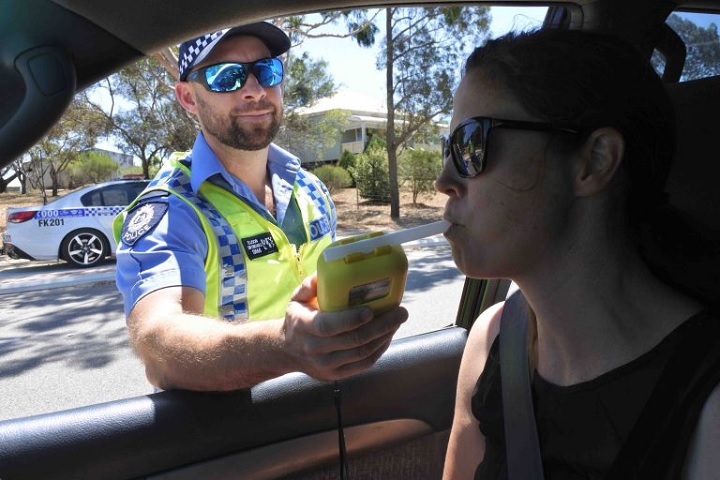
GEM Motoring Assist is calling on the Government to look ‘beyond our shores’ for effective ways to tackle drink driving.
Provisional estimates published by the DfT earlier this month suggest the number of drink-drive related deaths in Great Britain rose to a 10-year high in 2019.
The figures show between 240 and 320 people were killed in collisions where at least one driver was over the drink-drive limit – leading the DfT to produce a central estimate of 280 deaths.
Meanwhile, a report published last month urged the Government to carry out a ‘major’ review into drink driving, after concluding the current system is ‘no longer adequate’.
The report, published by the Parliamentary Advisory Council for Transport Safety (PACTS), says while drink driving is often cited as a road safety success, progress has in fact “ground to a halt since 2010”.
GEM Motoring Assist has joined the call for a Government review – and is encouraging ministers to learn from the ‘good practice’ demonstrated by other countries.
Among its recommendations is for the drink-drive limit in England and Wales – which at 0.8mg of alcohol per 100ml of blood, is the highest in Europe – to be reduced.
It points to Estonia, where the drink drive limit has been reduced to 0.2mg of alcohol per 100ml of blood. As a result, drink-drive deaths have reduced from 61 in 2006 to seven in 2017 – a fall of 89%.
GEM also references Denmark, where it says a combination of tough fines and education have seen drink drive deaths fall from 112 in 2007 to 30 in 2016 – an average annual reduction of more than 12%.
Any driver found with a 0.5mg of alcohol per 100ml of blood must pay for and follow a 12-hour mandatory course on alcohol and road safety in order to regain a driving licence.
Drivers found with more than 1.2 mg per 100ml blood receive an unconditional three-year ban, with prison sentences for repeat offenders.
GEM also stresses the importance of adequate enforcement – and simplifying the ‘complex’ police procedures required to secure a prosecution.
Neil Worth, GEM chief executive, said: “The recent report from PACTS shows there has been virtually no progress in reducing drink driving deaths in the UK over the past decade.
“Levels of police enforcement have decreased by 63% since 2009, whilst the much-heralded roadside evidential breath testing equipment shows no signs of making it into the police toolkit any time soon.
“As things stand, England and Wales have Europe’s highest drink drive limits, with absurdly long and complex police procedures required to secure a prosecution.
“We invite the Government to take a quick look at examples of good practice from other countries and to take urgent steps to reform our whole approach to tackling the menace of drink driving.”
Comment on this story